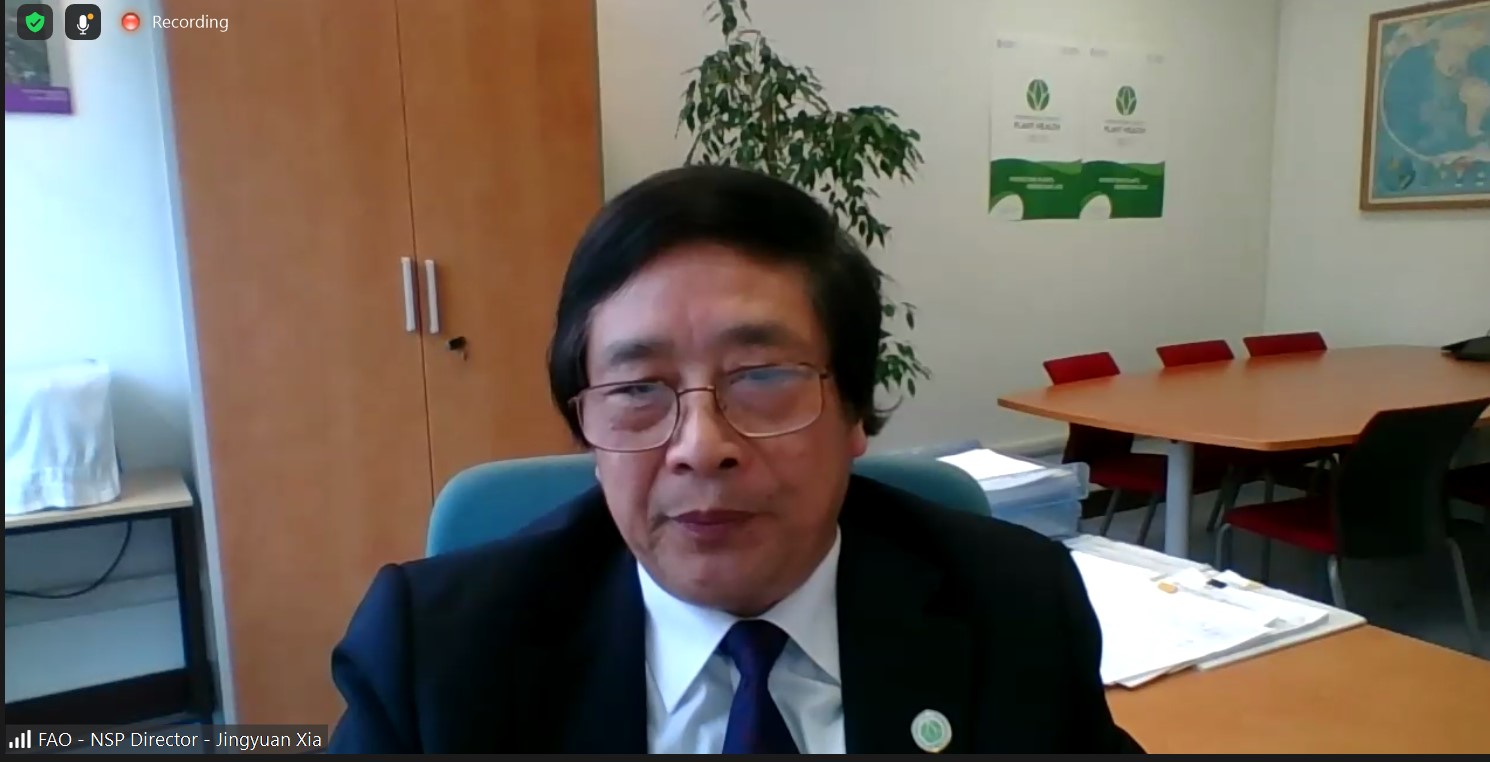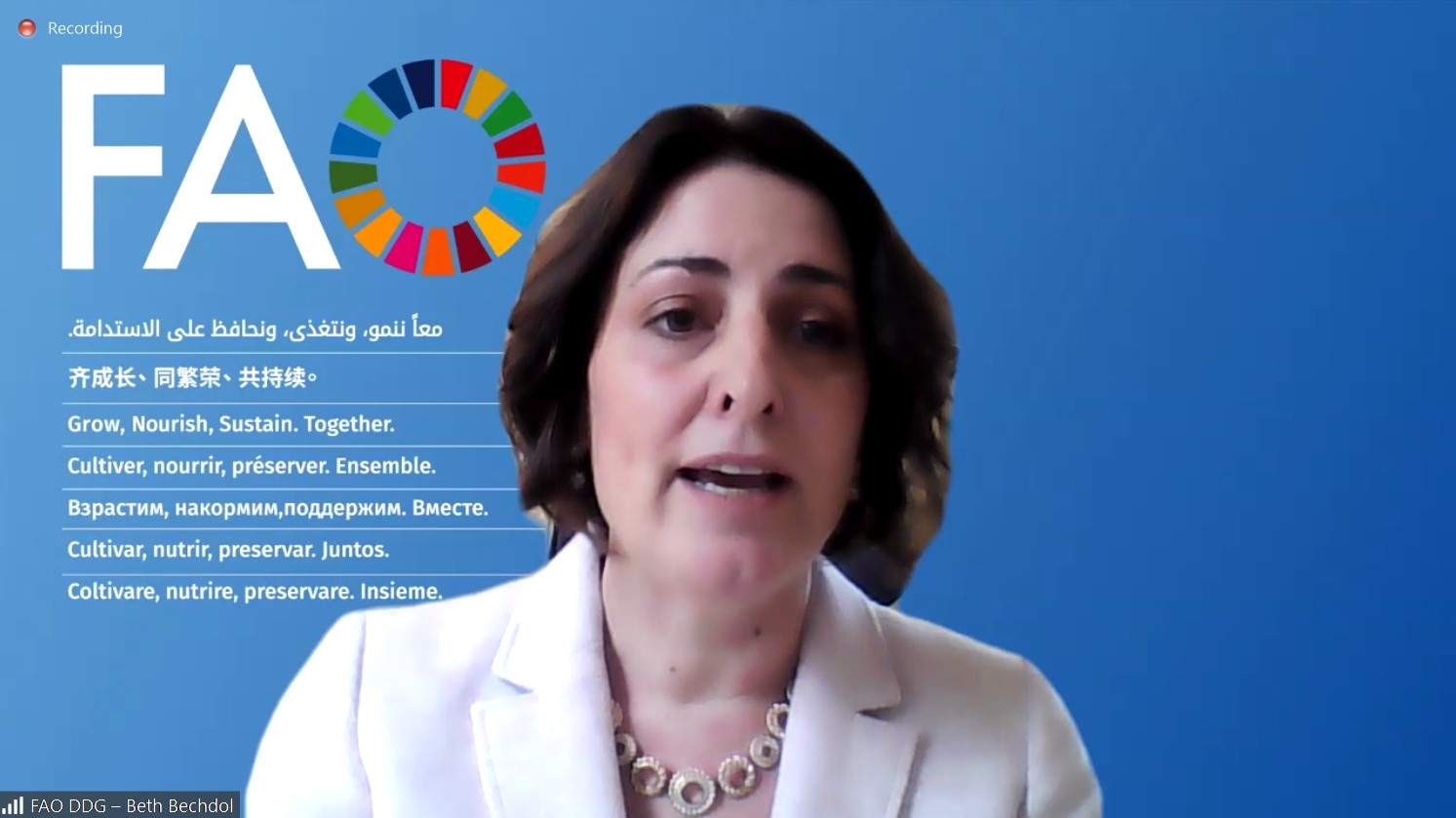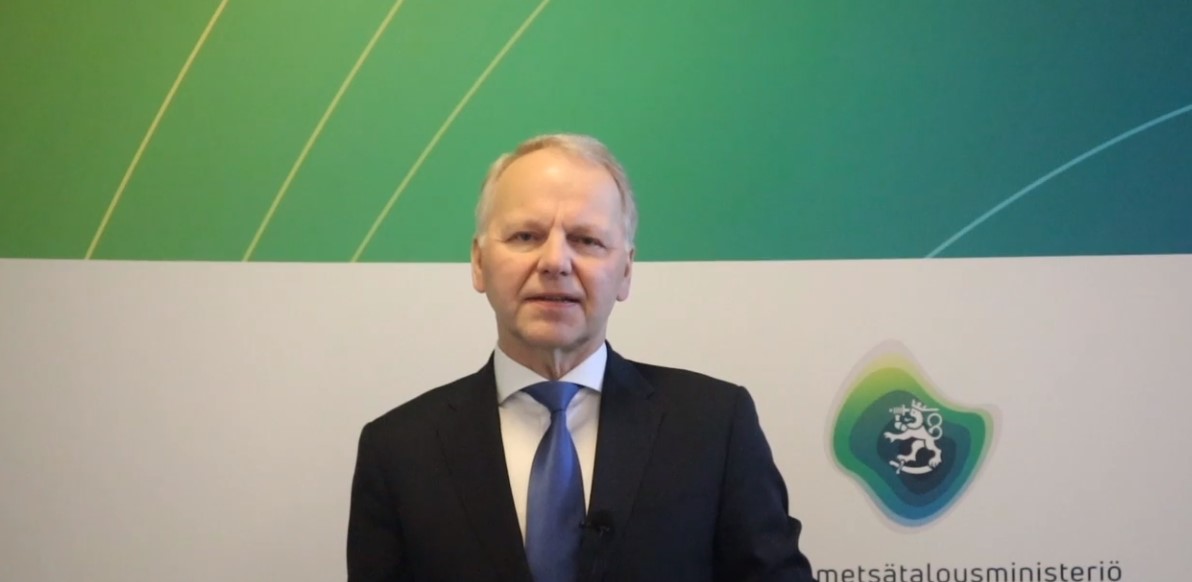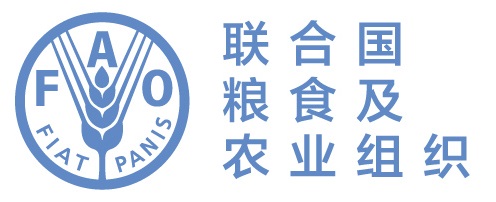The 15th Commission on Phytosanitary Measures opens to advance global plant protection during the COVID-19 crisis
Posted on Tue, 16 Mar 2021, 12:42
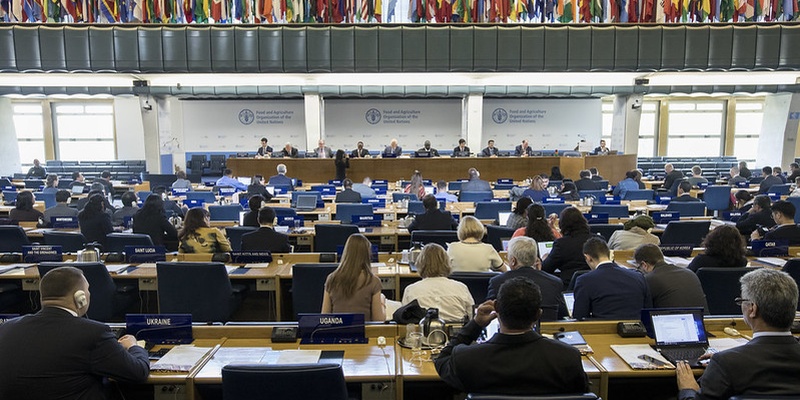
©FAO/Giulio Napolitano
Rome, 16 March 2021. The fifteenth session of the Commission on Phytosanitary Measures (CPM-15) has opened to review the state of plant protection around the world and adopt new international standards for phytosanitary measures and recommendations. More than 340 participants from over 106 countries and 40 observer organizations are attending the first-ever virtual meeting of the IPPC governing body to identify global actions and priorities to continue preventing the spread of plant pests and diseases during the COVID-19 crisis. One minute of silence was observed in memory of Mr Felipe Canale, former CPM Chairperson, and all the other victims of COVID-19.
During her opening remarks, Ms Beth Bechdol, FAO Deputy Director General, recognised the role of the International Plant Protection Convention (IPPC) as one of the key global actors directly contributing to safe trade, food security and environmental protection. The DDG also highlighted the strategic importance of international standards setting organizations, such as the IPPC, in the fight against hunger and malnutrition as FAO is moving decisively towards a new Strategic Framework. “One of our core functions is to facilitate and support countries and other partners in the development and implementation of normative and standard setting instruments for more efficient, inclusive, resilient and sustainable agri-food systems towards the achievement of the 2030 Agenda for Sustainable Development”, said Bechdol.
For Mr Jingyuan Xia, Director of the FAO’s Plant Protection and Production (NSP) Division, the implementation of the International Year of Plant Health (IYPH) has contributed to enhancing the understanding of plant health’s contribution towards the 2030 Agenda. The COVID-19 outbreak in 2020, albeit with difficulties and constraints, brought about new opportunities to the global plant health community. Most importantly, as the NSP Director pointed out, the pandemic has demonstrated that “prevention is better than cure”. Adopting preventive measures to contain the spread of an epidemic disease is in fact indispensable to protect human, plant, and animal health equally.
According to Mr Francisco Javier Trujillo Arriaga, CPM Chairperson, the pandemic has contributed to raise global awareness on the importance of implementing sanitary and phytosanitary measures to prevent outbreaks. People are now more aware not only of the risks associated with trade, travel and other human activities, but also of the crucial role they play as part of the solution. “By preventing the spread and introduction of plant pests and diseases worldwide, governments, farmers and other actors in the food chain will ensure access to quality food”, stressed Mr Trujillo. Thus, ensuring that plant health and agriculture are protected from pests contributes to improve food security and market access. And this is even more important now during a global crisis.
Plant health is also interconnected with environmental degradation, climate change, and human activities. By emphasizing the relation between people and nature, Mr Jari Leppa, Minister of Agriculture and Forestry of Finland, underlined how the dramatic increase of international travel and trade has amplified the risk of invasive plant pests and diseases being introduced into new areas with devastating consequences on countries agriculture and environment. “Pests and diseases do not carry passports and observe immigration requirements”, stressed the Minister. “The prevention of the spread of such organisms is very much an international undertaking requiring the collaboration of all countries”, he added.
The need for the international plant health community to strengthen collaboration was also highlighted by Mr Avetik Nersisyan, IPPC Secretary in charge for daily matters during his opening speech. Despite all the challenges and restrictions, 2020 was a successful year for the global plant health community, stressed the IPPC Secretary. The IYPH brought plant health higher on the global agenda, while the impact of the pandemic has demonstrated how protecting plants becomes more crucial than ever during a global crisis. With the extension of the IYPH until mid-2021 and the adoption of the new IPPC Strategic Framework 2020-2030, the IPPC Secretariat expects 2021 to be another year rich in activities. In the words of Mr Nersisyan, “The support and dedication of the global plant health community is key to make 2021 another successful year for plant health”.
Read more on the ongoing CPM-15 session at https://www.ippc.int/en/cpm-sessions/cpm-15/
You can follow the next sessions live at http://www.fao.org/webcast/home/en/
